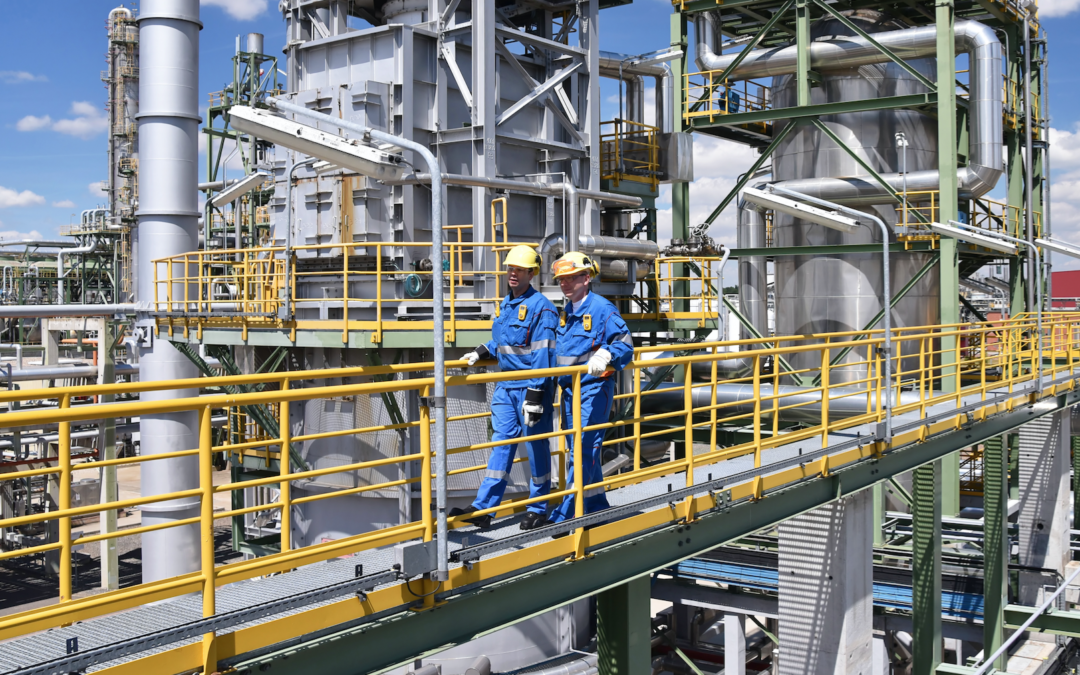One of the nicest bonuses that a retiree enjoys is freeness of speech. Here, I’m taking advantage of that “freeness” by sharing a few thoughts on good reliability managers and some of the ways they approach their roles (or should). Consider my points in the context of “reliability management,” but keep in mind that they can apply to managers of other functional disciplines or areas at a site.
- Often-senseless price competition has driven many U.S. equipment manufacturers to either lower their product quality, dispense with rigorous quality control, or both. Because equipment manufacturers no longer employ inspectors, top companies assign inspection tasks to their own, or to third-party personnel. (The “so-so-companies” take chances.)
- Good managers realize that equipment with reliability impact cannot be purchased based on first cost alone. They, therefore, insist on the development and use of high-grade component specifications.
- Good managers insist that technical employees go beyond guesswork and always substantiate their concerns. They ask employees to logically explain “concerns” and require follow-up that turns them into “non-concerns.”
- The best managers abandon the destructive short-range view and take a longer-range approach. Thus, they make conscious and consistent efforts for knowledge progression and successor planning.
- Top companies stretch the tenure of their in-house experts and future executives. They will not cycle a talented individual through 14 departments in five or six years. Good managers groom talent, not arrogant generalists with nothing to show but great PowerPoint presentation skills.
- Top managers offset the benefits of past culture with the need to forge a new culture. They will not allow employees to interact solely through floods of emails. Good managers know that hours spent in posturing and responding to internal emails are rarely—if ever—adding value.
BOTTOM LINE
Over the years, I have reached the conclusion that better management is needed at many facilities to achieve long-term equipment reliability and its related plant-profitability objectives. That brings me to the topic of training. To be clear, ODR, TPM, RCM, and other three-lettered pursuits in plants will fail where there is no trained workforce.
Plants where training is an afterthought, or where it is conducted by individuals who themselves are not up-to-date, are unable to reach their true reliability and profitability potential. As an example, some trainers spend too much time discussing maintenance philosophies. What’s really needed is information on the implementation of discrete steps to be taken on the component and work-procedure level. Regrettably, only the very best operations are implementing the right steps.
Finally, broad communication across functional disciplines is needed. Such seemingly autonomous groups as operations, maintenance, project, purchasing, and reliability/technical can obviously affect equipment reliability, safety, and profitability. Yet, none of these groups should ever be allowed to make far-reaching decisions without input from the related disciplines or functional areas.
Holding people accountable is of extreme importance here.
Why not start by asking your reliability professionals to explain why the MTBF (Mean Time Between Failures) of pumps at your facility differs so much from that of the competition? And if they claim not to know about the MTBFs reached by others,, find a way to dip their noses in some books. I know where to find the data, and so should they.TRR
ABOUT THE AUTHOR
Heinz Bloch’s long professional career included assignments as Exxon Chemical’s Regional Machinery Specialist for the United States. A recognized subject-matter-expert on plant equipment and failure avoidance, he is the author of numerous books and articles, and continues to present at technical conferences around the world. Bloch holds B.S. and M.S. degrees in Mechanical Engineering and is an ASME Life Fellow. These days, he’s based near Houston, TX. Email him directly at [email protected].



